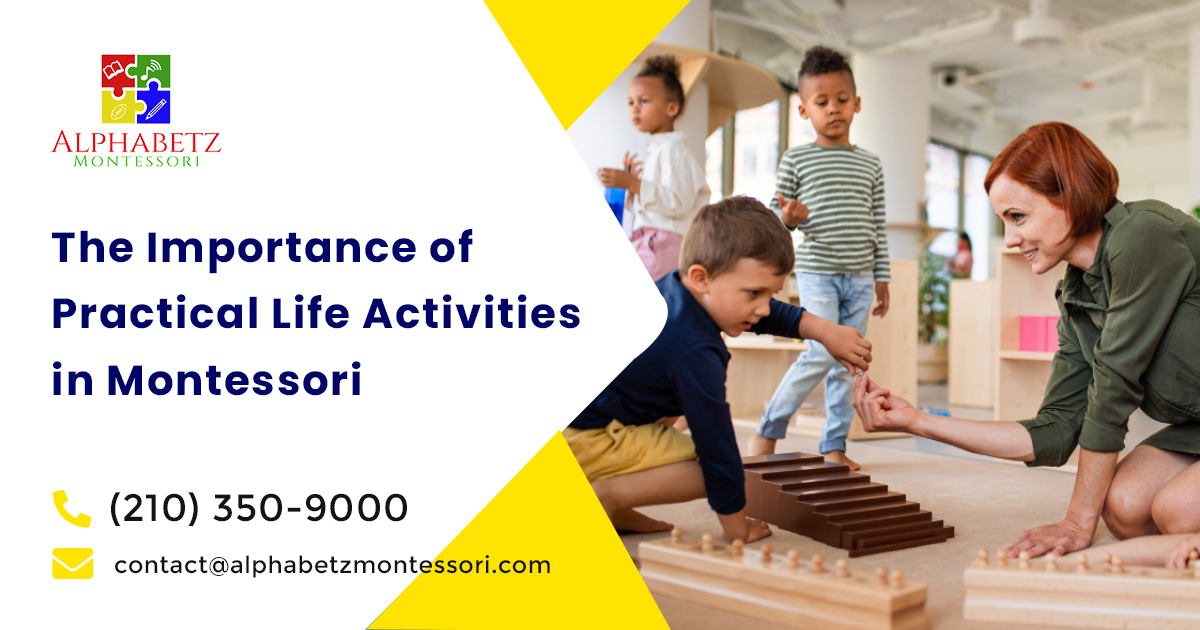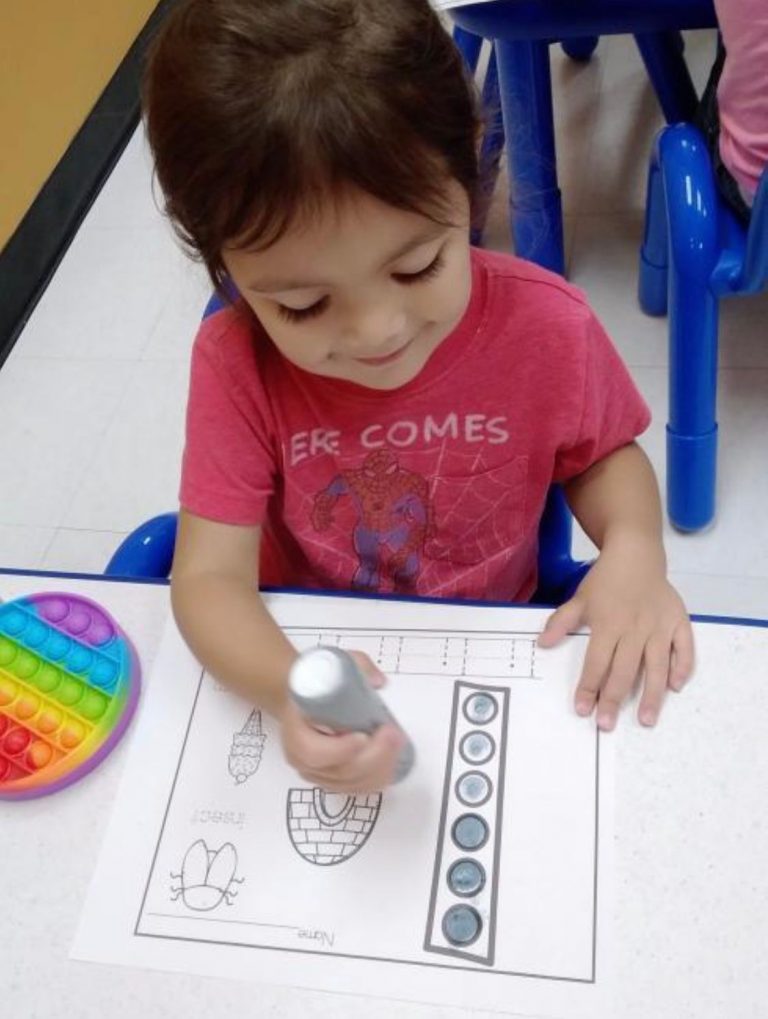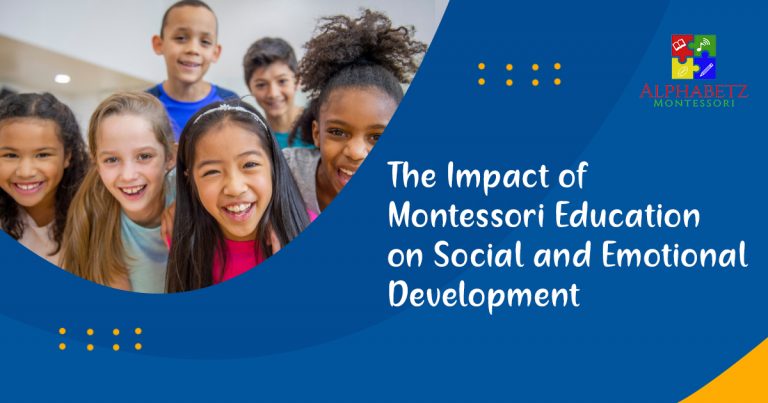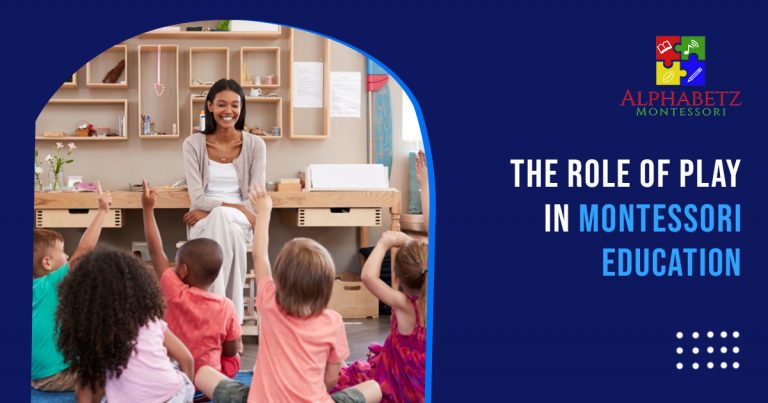In the realm of Montessori education, there is a deep-rooted commitment to providing children with a holistic learning experience that encompasses not only academic knowledge but also practical life skills. This unique approach is a hallmark of Montessori schooling, and it’s essential for fostering the development of well-rounded, independent, and capable individuals.
What Are Practical Life Activities in Montessori?
Practical life activities are a fundamental component of the Montessori education system. These activities encompass a wide range of tasks that mimic everyday activities and routines, such as pouring water, buttoning shirts, setting the table, sweeping the floor, and washing dishes. The primary goal of practical life activities is to help children develop essential life skills that will serve them well beyond the classroom setting.
Why Are Practical Life Activities Important in Montessori Education?
Independence: Practical life activities empower children to take charge of their daily lives. Through these activities, they learn how to care for themselves and their environment, gaining a sense of independence and self-sufficiency that carries over into other aspects of their education.
Fine and Gross Motor Skills: These activities promote the development of fine motor skills, hand-eye coordination, and gross motor skills, as children handle various tools and objects. This not only aids in their daily life tasks but also prepares them for more complex academic work.
Concentration: The repetition and precision required in practical life activities encourage concentration and focus. Children learn to complete tasks with care and attention to detail, which is a valuable skill in all areas of learning.
Order and Organization: Montessori schools emphasize order and organization in the learning environment. Practical life activities teach children how to perform tasks in a structured and orderly manner, fostering a sense of discipline and responsibility.
Social and Emotional Development: Children learn important social skills, such as sharing, taking turns, and working together, through these activities. They also develop a sense of empathy and responsibility for the well-being of their classmates and their surroundings.
Preparation for Academic Learning: Practical life activities are a crucial foundation for more advanced academic work. They provide the groundwork for skills such as reading, writing, and mathematics by enhancing concentration, coordination, and attention to detail.
The Montessori Way at Alphabetz Montessori in San Antonio, TX
At Alphabetz Montessori in San Antonio, we are dedicated to following the Montessori philosophy and nurturing the complete development of each child. Our practical life activities play a vital role in this commitment, as we recognize the significance of life skills and how they intertwine with academic growth.
Our Montessori educators at Alphabetz Montessori Culebra provide a carefully prepared environment that allows children to engage in practical life activities that are both purposeful and meaningful. These activities are tailored to the age and developmental stage of each child, ensuring that they receive the right level of challenge and support.
In conclusion, practical life activities are a cornerstone of Montessori education, providing children with a strong foundation for academic success and life skills that will benefit them throughout their lives. At Alphabetz Montessori in San Antonio, we embrace and celebrate the importance of practical life activities as an integral part of the Montessori experience.




